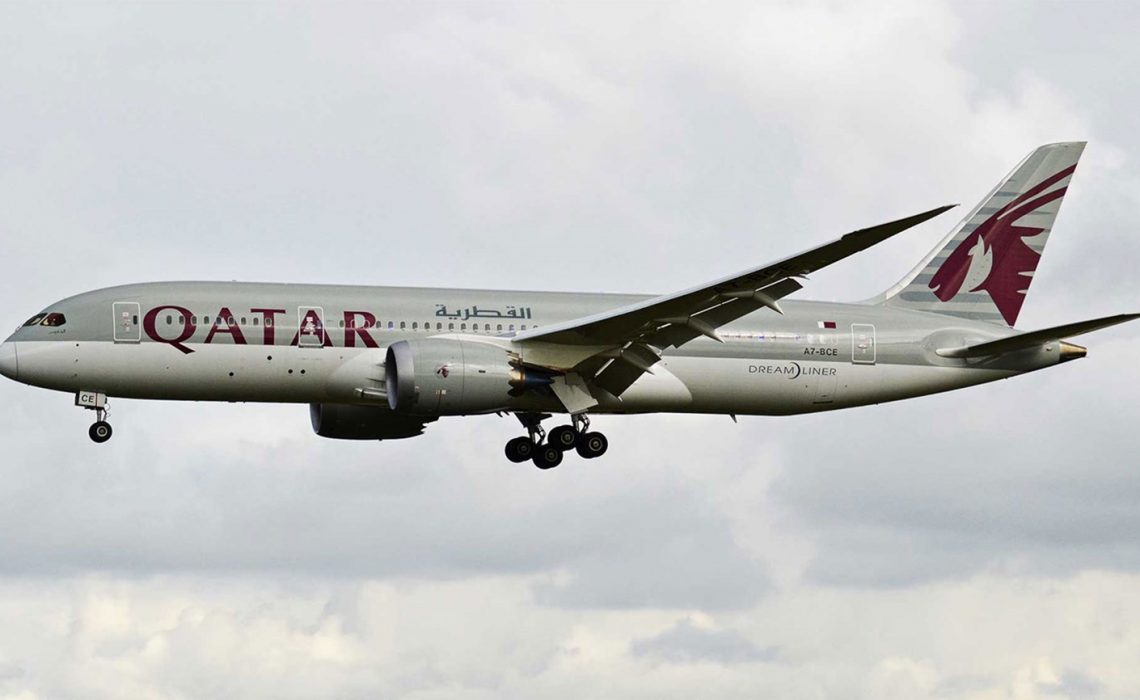
You might also like:
A proposal contained within the Senate tax reform bill would pave the way for the U.S. to charge corporate income taxes to certain foreign airlines.
The measure, put forth by Sen. Jonathan Isakson (R-Ga), would most notably impact Gulf airlines Emirates, Etihad and Qatar Airways.
For close to three years, U.S. legacy carriers Delta, United and American have lobbied the federal government to sanction the Gulf carriers, which they accuse of violating international aviation agreements be accepting a combined $50 billion in state subsidies since 2004.
Under the standing U.S. tax code, foreign airlines aren’t required to pay taxes for routes that stop in the U.S. The rule, which is similar to tax code provisions in other countries, is designed so that airlines don’t have to pay income taxes both in their home country and abroad on international service.
The new Senate proposal would end that exception for airlines based in countries or territories that do not have a tax treaty with the U.S. and to where U.S. airlines fly no more than twice weekly.
According to an analysis by the Wall Street Journal, the provision would apply to 14 countries and territories, among them Qatar and the United Arab Emirates, which are home to Qatar Airways, Emirates and Etihad.
Others impacted by the proposal would be the British Virgin Islands, Cape Verde, Ethiopia, Fiji, French Polynesia, Jordan, Kuwait, Malaysia, Samoa, Saudi Arabia, Serbia and Suriname.
The measure would cost foreign air carriers an estimated $200 million over the next 10 years, according to the Joint Committee on Taxation.
The Partnership for Open & Fair Skies, which lobbies for sanctions against the Gulf carriers on behalf of the Big Three U.S. airlines and U.S. airline industry unions, declined to comment on the proposal Monday. But the group’s counterpart, U.S. Airlines for Open Skies, which represents JetBlue, Hawaiian and the cargo carriers Federal Express and Atlas Air, had no such hesitance.
“This is just another attempt by the legacy carriers to circumvent the established process to review legitimate claims and instead pursue a political fix that reduces competition and limits choices for U.S. travelers,” spokeswoman Andrea Christianson wrote in an email.
Etihad said the measure is contrary to “several international agreements.”
“We are working with a broad coalition of industry representatives to inform lawmakers on this issue, which appears to be the result of continued anticompetitive efforts by one or more of the Big 3 U.S. legacy carriers,” an Etihad spokesman wrote.
Critics point out that Sen. Isakson hails from Delta’s home state of Georgia. But in a statement, the senator said that tax reform should level the playing field for Americans and American businesses.
“Foreign airlines should not receive preferential tax treatment if their countries choose not to open their markets to U.S. companies,” he said.
Concern about his proposal, however, extends beyond the airlines that would stand to directly lose from it. In its own statement opposing the measure, IATA said that reciprocity between governments on taxation is vitally important to the global airline industry.
“If enacted, the Isakson provision would upend decades of precedent — which the U.S. has long supported — on the taxation of international aviation,” IATA spokesman Perry Flint said. “It would directly impact multiple airlines from multiple countries. Foreign governments — even those not directly affected by the proposed language — could be tempted to follow the U.S. example and impose reciprocal taxes.”
In order to become law, the provision would have to pass out of the Senate, then find its way into the bill that would merge Senate and House tax reform proposals. The House bill doesn’t include the partial end to the tax exemption for foreign airlines.
Source: travelweekly.com



